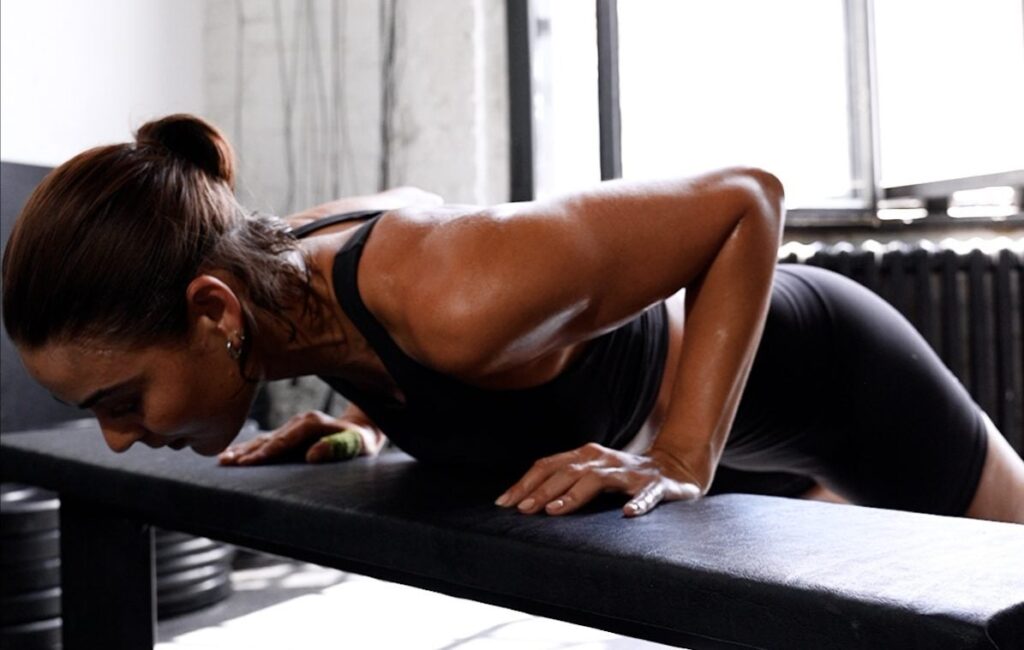What to Do If You’re a True Beginner…

If you’re new to working out, the key is to start with the basics and build a solid foundation. Jumping into an advanced routine too soon can lead to frustration or injury, so it’s important to take a step-by-step approach that sets you up for long-term success.
1. Set Clear Goals
Before you begin, think about your goals. Are you trying to lose weight, gain muscle, or just improve your overall fitness? Having a clear goal helps you stay motivated and focused.
2. Start with Simple Movements
As a beginner, your body needs to adjust to the stress of exercise. Focus on basic compound movements like squats, lunges, push-ups, and planks. Calisthenics/bodyweight movement is PERFECT for beginners. These exercises work multiple muscle groups at once and help you develop strength and stability. Form is crucial, so take your time learning how to do each move correctly and master them. The bigger your base, the higher you can build!
3. Prioritize Consistency Over Intensity
When starting out, consistency matters more than how hard you push yourself. Aim for 3-4 workouts per week, each lasting 20-30 minutes. Slowly increase the time and intensity as your body adapts. Trying to do too much too soon often leads to burnout or injury.
4. Balance Strength Training and Cardio
For a well-rounded fitness program, you need a combination of strength training and cardiovascular exercise. Strength training builds muscle and increases metabolism, while cardio improves heart health and burns calories. Beginners can alternate between strength and cardio days to keep things balanced. Don’t forget about stretching either as flexibility and mobility plays a huge role as well!
5. Build a Strong Foundation
The foundation you build in your first few months is critical for future success. Focus on learning proper technique and improving flexibility. By mastering the basics and gaining stability, you’ll be better prepared to take on more advanced workouts down the road.
6. Listen to Your Body
Rest and recovery are just as important as your workouts. Your muscles need time to repair and grow, so be sure to take rest days and avoid overtraining. If you’re sore or fatigued, it’s a sign that your body needs a break.
7. Track Your Progress
Keep a workout log or journal to track your progress. This helps you see how far you’ve come and keeps you motivated to continue. Celebrate small wins like doing more reps or lifting slightly heavier weights than you did last week, and always stay hungry for more.
Conclusion
As a true beginner, focus on consistency, learning proper form, and mastering the basics. Building a strong foundation now will make it easier for you to advance and stay injury-free in the future. Take it slow, stay patient, and enjoy the journey toward a healthier and fitter version of yourself!
You Got This!
Subscribe to our newsletter and be the first to find out about new articles.






